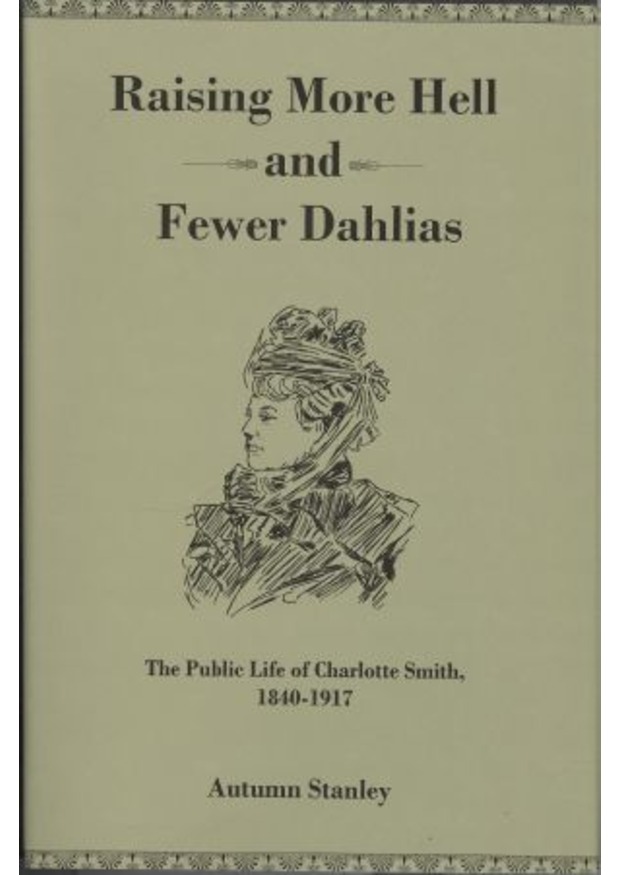The Public Life of Charlotte Smith, 1840-1917
This book is the first biography of nineteenth-century magazine editor and reformer Charlotte Smith. Based on years of research, and previously untapped sources, it shows both why she should be remembered and why she was forgotten.
Her story is quintessentially American: this daughter of Irish immigrants, despite having only a grade-school education and supporting two children alone, became a force to be reckoned with, first in journalism and then in reform. Her first periodical, the Inland Monthly, was doubly rare: edited by a woman but not a women's magazine; and a profitable venture, bringing a large sum when sold.
If Smith had stopped there, she wold still deserve recognition, but she was just beginning. Not satisfied with just regional fame, she moved to Washington, D.C. in 1878. There she soon gained the ear of a powerful senator and the respect of many others in Congress through her unfailing attendance at its sessions and hearings, her undercover investigations of working conditions, and, after 1882, her all-female union. The Librarian of Congress praised her pioneering expertise in labor statistics.
Smith became a tireless advocate for working women, women inventors, prostitutes, the poor or less fortunate in general, and many individual underdogs as well. She also worked for public health and safety, demanding things we take for granted today, such as bans on adulteration, and ingredient lists on product labels. By 1891 she was already credited for fifty bills passed by Congress.
By the 1880s Charlotte Smith was nationally famous, with frequent coverage in the New York Times, the Washington Post, and newspapers as distant as Montana and Hawaii. In 1886 she founded her second periodical, the Working Woman. Again, if her resume contained only her successful lobbying and her reform campaigns in Washington, Charlotte Smith would deserve mention in American history. But in the late 1880s she engineered the compilation of a list of American women patentees, and in 1891 founded her third periodical, the Woman Inventor. She continued her crusades until her death in 1917.
These achievements (and others too numerous to mention here) make Smith's omission from American history mysterious indeed. This book suggests several explanations, including historians' traditional adeptness at "Vanishing the Lady." Perhaps most persuasive is the suggestion that Charlotte Smith's ideas were forgotten because they were too far ahead of their time. For example, her prostitution reforms--including regulation, medical care, and retraining programs--have yet to be adapted in much of the world.
All those who like a good mystery, as well as those who delight in seeing long overdue credit given at last, should enjoy this book.













